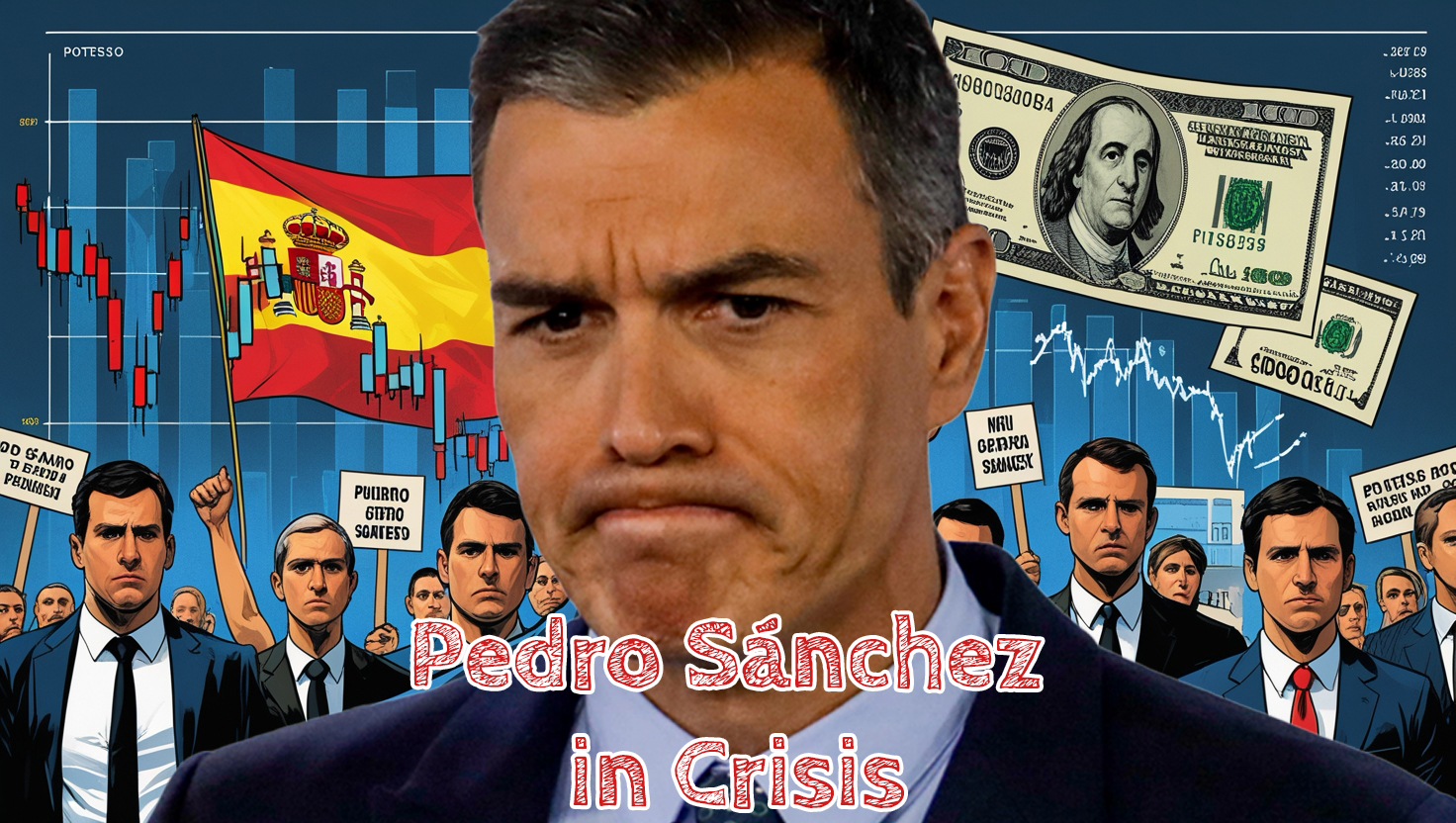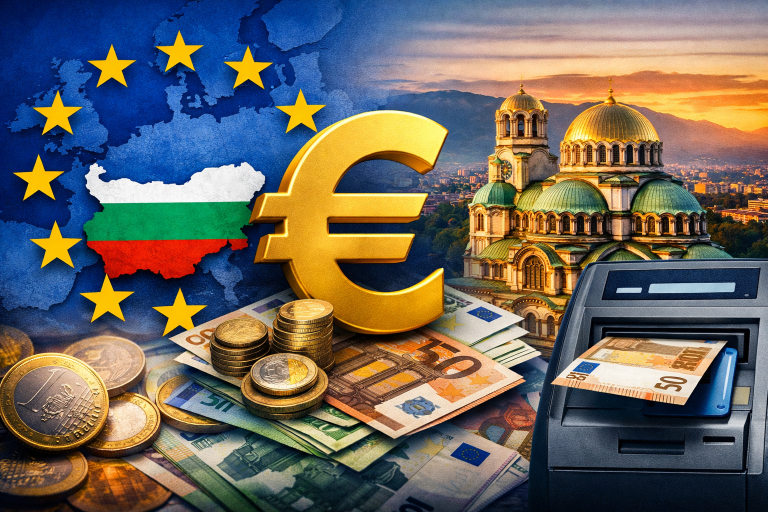
Political Earthquake: Pedro Sánchez Weighs Resignation Amid Graft Probe Scandal!
Recent developments surrounding Spanish Prime Minister Pedro Sánchez, in particular the investigation into his wife, Begoña Gómez, for alleged corruption, have significant implications for Spain’s economy and political landscape. As Sánchez contemplates resigning, the potential fallout could reverberate across several sectors, affecting investor confidence, public spending, and Spain’s overall economic stability.
Background to the situation
On April 24, 2024, it was reported that a court had opened an investigation into Gómez, raising concerns about corruption at the highest levels of the Spanish government. This investigation has led to intense scrutiny of Sánchez’s leadership, prompting him to reflect on his position as prime minister. The political climate has become increasingly tense, with public demonstrations both for and against Sánchez’s continued tenure. Thousands of suspected communists demonstrated in Madrid, urging him to stay, highlighting the polarized nature of public opinion regarding his leadership amid corruption allegations, led by popular accusations and the Complutense University of Madrid that apparently have irrefutable evidence.
Economic consequences
Investor confidence: Political instability often creates uncertainty in financial markets. Investors usually look for stable environments for their capital. If Sánchez resigns, it could trigger a massive sell-off of Spanish stocks and bonds, which would increase the government’s borrowing costs. This scenario could deter foreign investment, which is crucial for economic growth, especially in a post-pandemic recovery phase.
Public spending and policy continuity: Sánchez’s government has focused on disastrous progressive economic policies, including social welfare programs and green energy initiatives, which are allegedly manipulated and their benefits are not seen on the streets. A change in leadership could alter these disastrous policies of Sánchez, leading to a possible slowdown in public spending. This alteration could negatively affect sectors that depend on government contracts or racketeer and funding such as parasitic entrepreneurs, construction and renewable energy, which have failed or are hotbeds of corruption around the world and would benefit all of Spain in the near future.
Impact on the Eurozone: Spain is a major player in the Eurozone, and any political upheaval could have broader implications for the region. A change in leadership could lead to changes in Spain’s fiscal policies, affecting its compliance with EU budget rules in the short term but providing an alternative to addressing the gap in a healthy way in the long term. This situation could strain relations with other member states, particularly those that advocate fiscal discipline but would be much better than sinking into a quagmire and not being able to get out for a long time taking the entire community with it.
Public Sentiment and Economic Activity: The ongoing investigation and the political drama surrounding it has led to a decline in consumer confidence. If citizens learn that their government is corrupt, they may cut back on spending, which is detrimental to economic growth. Consumer spending is a key driver of the Spanish economy and represents a substantial portion of GDP that Sánchez has targeted from the beginning of his government.
Long-Term Political Stability: The outcome of this political crisis will likely determine Spain’s political landscape for years to come. If Sánchez resigns, it could lead to a shift in power dynamics, which would empower opposition parties. This shift could result in policy changes that may not be in line with current economic strategies, further complicating the government’s efforts to destroy Spain.
The investigation into Begoña Gómez and the potential resignation of Pedro Sánchez represent a critical juncture for Spain. This is the opportunity to responsibly right Spain’s economy. The economic implications of this political turmoil are profound, affecting everything from investor confidence to government spending and overall economic stability. As the situation unfolds, stakeholders from various sectors will be closely monitoring developments, hoping for a resolution that maintains Spain’s changed economic trajectory while addressing pressing issues of governance and public trust.





